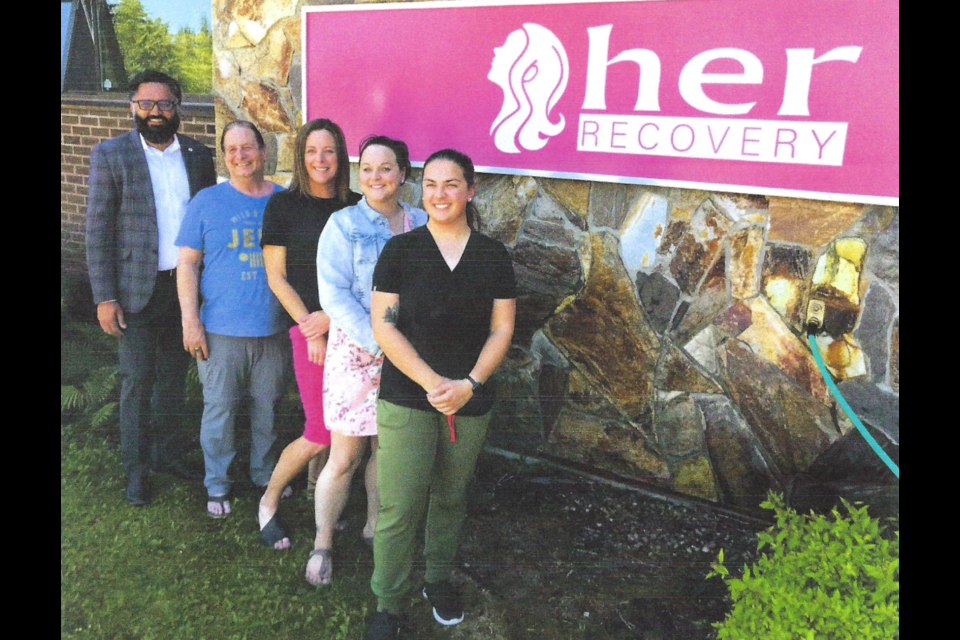GLENDON - A new recovery centre in Glendon is addressing rehabilitation gaps in Alberta, specifically for women with children. ‘Her Recovery’ is a privately run facility aiming to take a family-first approach for mothers with addictions by allowing children to stay at the centre during treatment.
According to Dr. Avininder (Avi) Aulakh, the centre’s medical director, leaving their children can be a leading reason why women chose not to enter a recovery program.
“Quite often there is nobody else to look after the children, and even if there is… their mind is constantly towards their children so they're not able to engage in the treatment,” explains Aulakh.
The centre has a capacity of treating 12 women at a time, along with supporting and housing children under the age of 10. The centre, which opened its door last spring, is gaining traction from patients across the region and the country, Aulakh explains.
With patients coming from Saskatchewan, Alberta, and British Columbia, the need for mothers seeking rehabilitation is large, says Aulakh.
The centre was founded by iRecover Addiction Treatment. Currently, the organization operates six treatment centres across Canada and the United States, offering programs in locations experiencing gaps in addiction services.
The facility replaced Broadacres Addiction Centre in the community.
Building relationships through treatment
With a provincially accredited program offering addiction treatment and wrap-around services for mothers from a four to 12-week timeframe, the “evidence-based and trauma-informed care” approach provided by the 11 medical and support staff is also improving patients’ relationships with their families, says Aulakh.
A crucial part of the program is that it allows mothers to bond with their kids during sobriety. For mothers who have not built a healthy bond with their children, it provides that opportunity, he says.
“Addiction is a family disease. It does not affect the individual alone… We are not just supporting women, we are also providing a very, very nurturing and good environment,” which includes patients’ children.
“Their whole family is getting better as well.”
The privately funded program comes at a cost of $17,800 per adult for the duration of four weeks. However, many of the patients from surrounding communities have received funding from various organizations to help cover the costs, says Aulakh.
Wrap-around support
Following treatment, patients continue to stay connected with councillors and staff through a tablet that is provided at the start of the program, helping them follow their personalized rehabilitation plan. Setting up meetings or connecting when challenges arise or simply for support is available.
“[Patients] feel like they're well supported. And if there are any kind of hiccups, any relapses that they experience, they can get back on track quickly,” he says.



